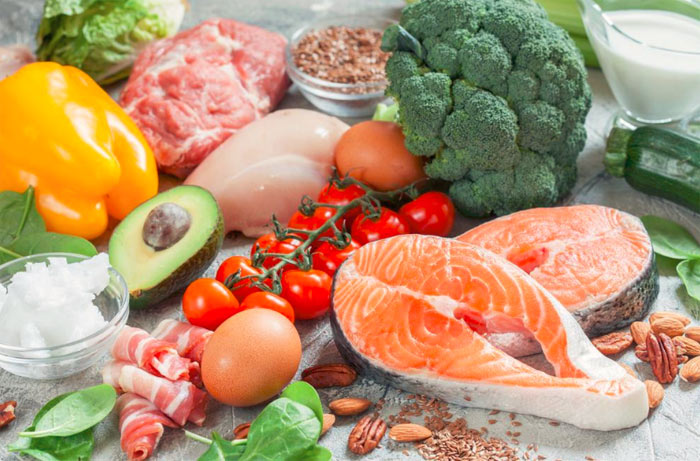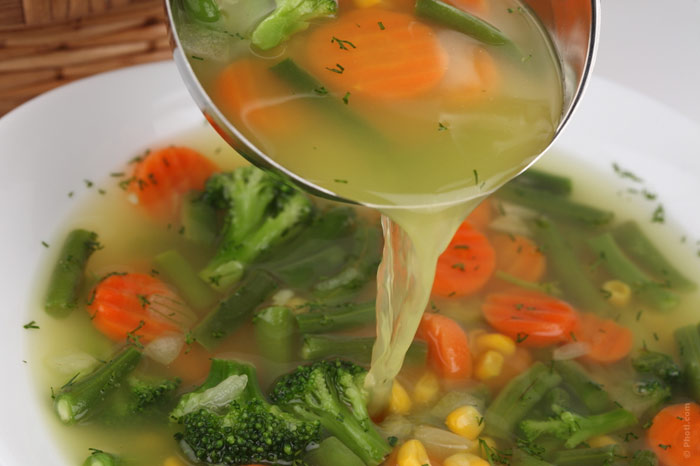
So many food products are manufactured on earth that they would be enough to feed two or three planets. In real life, however, almost a billion people are starving in the world, and this figure is growing. One-third of all food becomes garbage simply because we cannot properly allocate the resources. Food products are thrown out by retailers or left on the fields by farmers. They get spoiled during transportation or covered with mold in our refrigerators.
How can we stop being food wasters and save at least our own food?
Plan your purchases
It is very convenient to keep the list of the products you need and refer to it every time you go to the store. It is not necessary to buy a lot of food, it is important to understand what should be bought now and what can be postponed till the next visit. Mobile applications or stickers on the refrigerator help create such lists. Shopping lists not only help to avoid wasting products but also save the budget.
Do not buy special offers
Retailers are interested in our buying and spending more, so they lure us with special offers. We often fail to resist sellers and buy three products at the price of two, thinking that this is a convenient way to save money. But most often we fall into a trap and buy something that we do not need or something that gets spoiled quickly. Impulsive purchases waste our money, and their benefits are few.
Read the refrigerator user manual
Few people know that there are special areas for storing different types of products in the refrigerator. There they will stay fresh longer. Sometimes the functionality of shelves is indicated directly inside or can be learned from the manual.
Do not waste food
For example, it is better not to store perishable foods on the refrigerator door because the temperature changes very often there. Eggs should not be placed on the door because of shaking when the door is opened. If the freezer is located below, the lowest temperature in the refrigerator is above it, which is good for storing fish and meat. In this case, it is good to place dairy products on top shelves. If the freezer is located on top, the rule works the opposite way.
Freeze the soup

The easiest way to extend the life of the product is to freeze it. You can freeze almost everything: soup, sauces, bread, cheese, but you need to be prepared that the product may somewhat lose its shape, taste or texture.
Think well about the servings
Overeating is not very useful, and throwing food off the plate is offensive. At home or at a buffet table, try to take small portions. It is better to take an additional serving than to overeat or lose food, leaving the dish uneaten. By the way, several hotels in Turkey have imposed fines for those who do not know how to restrain themselves at a buffet table: you will have to pay a fine if some food is left on the dish.
Recycle what has not been eaten
Our grandmothers and mothers are a powerful source of information on how to use leftovers of products and not throw them away. You can make jam from berries used for lemonade and turn old bread into crackers for pumpkin pureed soup.
Mushrooms, berries and vegetables can be dried in a dehydrator. Using it is more difficult than using a freezer, but you will get excellent crisps or bread.
Learn the rules of combining foods for storage
There are products that do not belong on the same shelf. For example, apples, pears, tomatoes and pepper produce ethylene because of which the processes of ripening and decay occur faster. It is better not to store them with other vegetables and fruits. This is one of the reasons why restaurants have separate refrigerators for fruits, vegetables, meat, dairy products and greenery.
Take uneaten dishes from the cafe with you

In a café, you can always ask to pack a piece of pizza or a half-eaten salad. There is nothing shameful about it. On the contrary, it develops a responsible attitude to food. Moreover, remnants of a portion can become an excellent snack the next day, when you will be too lazy to cook something new.
If a half-eaten lunch is packed in your reusable container, which you can carry with you, it will also save the planet from excess plastic debris.
Foodsharing on paper
Participate in food banks. They deal with the distribution of products that are approaching their expiration date or are donated by retailers and manufacturers. Saved foods are then given to the people in need. Food banks are very popular in the world and have existed for more than 50 years.
Use mobile apps
In the US and Europe, mobile foodsharing applications are popular. You can buy perishable foods from restaurants at a discount or share your food.






